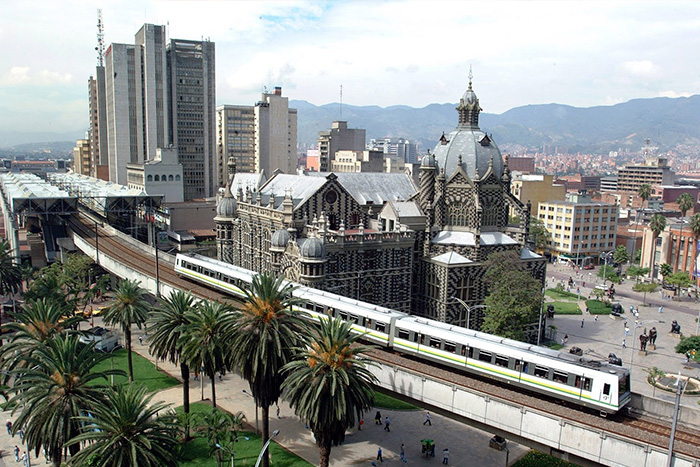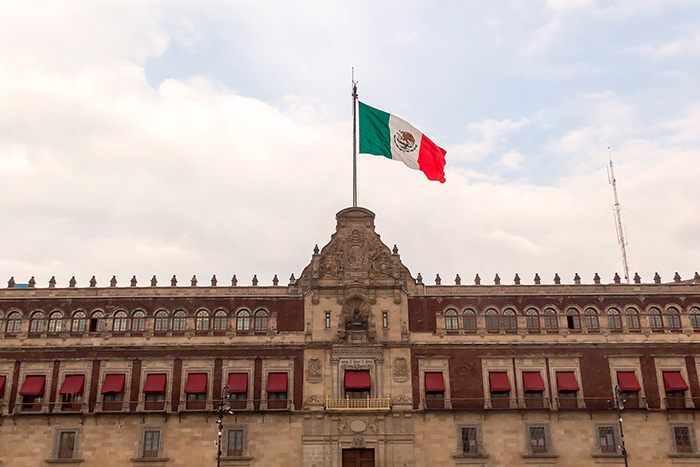
Medellin, Innovative City of the Year
- Posted by Colombia
- On Thursday September 17th, 2015
- 0 Comments
- citigroup, Colombia, economic growth, environmental sustainability, marketing services department of WSJ, participatory budgeting, private investment, social development, SRS Relocations, urban land institute
Citigroup and the Marketing Services Department of WSJ. Magazine teamed up with the Urban Land Institute (ULI) to determine which city— wherever in the world— deserved the title of Innovative City of the Year. For the first round, ULI made a list of 200 contenders. Then they asked readers of WSJ. Magazine and others to vote on the city that deserved the title. When the list was reduced to 25 candidates, ULI asked people to vote again until they were only three finalists. Events were held in each of the finalist cities where civic leaders and business executives were encouraged to use social media to spread the word. Colombian number one city was so proud of their accomplishments that response was overwhelming.
Originally distinguished for its progress and potential, Medellin, the winning city, found new solutions to classic problems of mobility and environmental sustainability. Today, gondolas and a giant escalator shuttle citizens from steep mountainside homes to jobs and schools in the valley below. As a result, travel time for the majority of its citizens has been cut from more than 2 hours to just a few minutes. Moreover, a modern underground metro system has eased pollution and crowding in the city’s main arteries above, and glistening new museums, cultural centers, libraries and schools enrich the community.
Connections create innovation, and it is no wonder that the winning City of the Year has achieved great success in bringing its residents together to assure opportunities for all. Medellin, Colombia’s traditional cultural capital, is now celebrating this acknowledgement.
Medellín
A city’s landscape constantly evolves according to people changing needs. Buildings are created and destroyed, industries emerge and disappear, demographics change, and urban areas are used for different functions. At their best, cities generate wealth and employment, promote cultural exchange and inclusion, foster creativity and ideas, provide access to recreation, education, and infrastructure, and facilitate participation of citizens in public and private life. The most innovative cities spark visions, remove barriers, and foster collaboration to improve the quality of life of its residents.
Few cities have transformed the way Medellín, Colombia’s second largest city, has in the past 20 years. Medellín’s homicide rate has plunged, nearly 80% from 1991 up to now. The city government has built public libraries, parks, and schools in poor hillside neighborhoods and has constructed a series of transportation links from there to its commercial and industrial centers. These links include a metro cable car system and escalators over steep hills, reducing commutation times, spurring private investment, and promoting social equity as well as environmental sustainability. In 2012, the Institute for Transportation and Development Policy recognized Medellín’s efforts with the Sustainable Transportation Award.
Nevertheless, the institutional change of the city may be as important as the tangible infrastructure projects. The local government, along with businesses, community organizations, and universities have worked together to fight violence and to modernize Medellín. Transportation projects are financed through public-private partnerships; engineering firms have designed public buildings for free; and in 2006, nine of the city’s largest firms funded a science museum. Moreover, Medellín is one of the largest cities that has successfully implemented participatory budgeting, which allows citizens to define priorities and allocate a portion of the municipal budget. Civil organizations, health centers, and youth groups have been formed, empowering citizens to declare the ownership of their neighborhoods.
There are many challenges that Medellín has to meet, particularly in housing. However, through innovation and leadership, Medellín has sowed the seeds of transformation, leading to its acknowledgement as a city which will have long-lasting success.
Taken from Citigroup.com




0 Comments